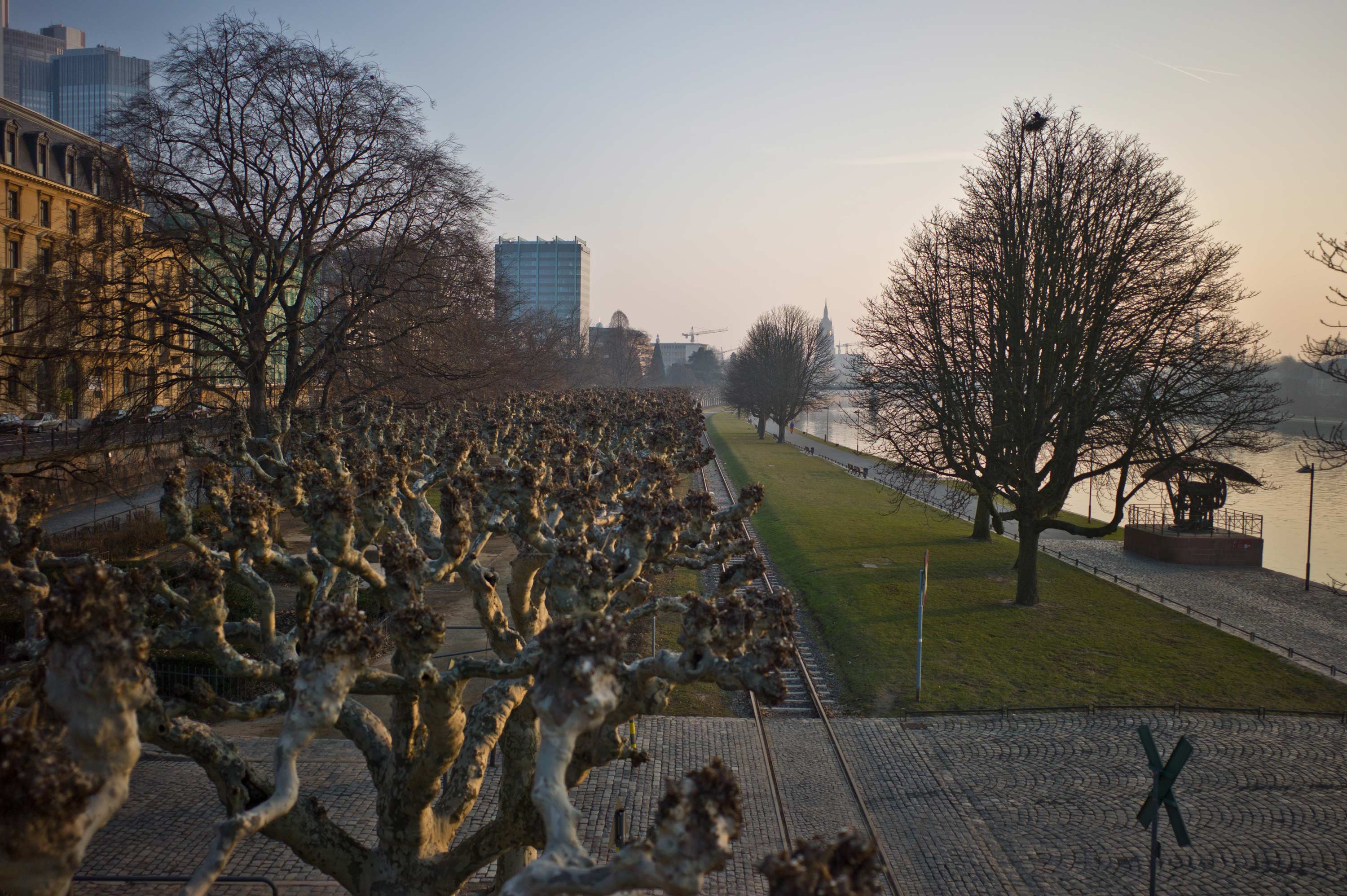
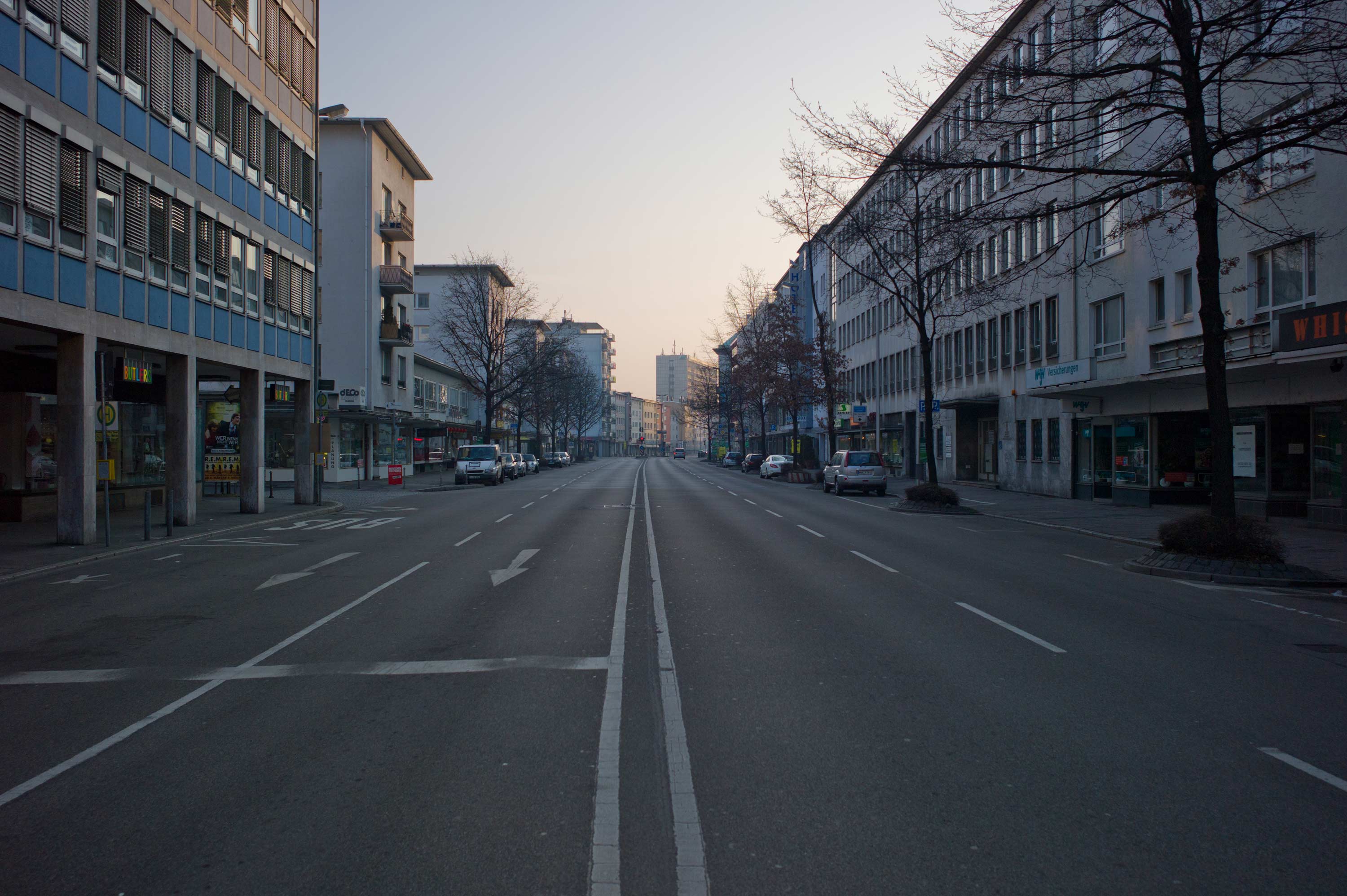
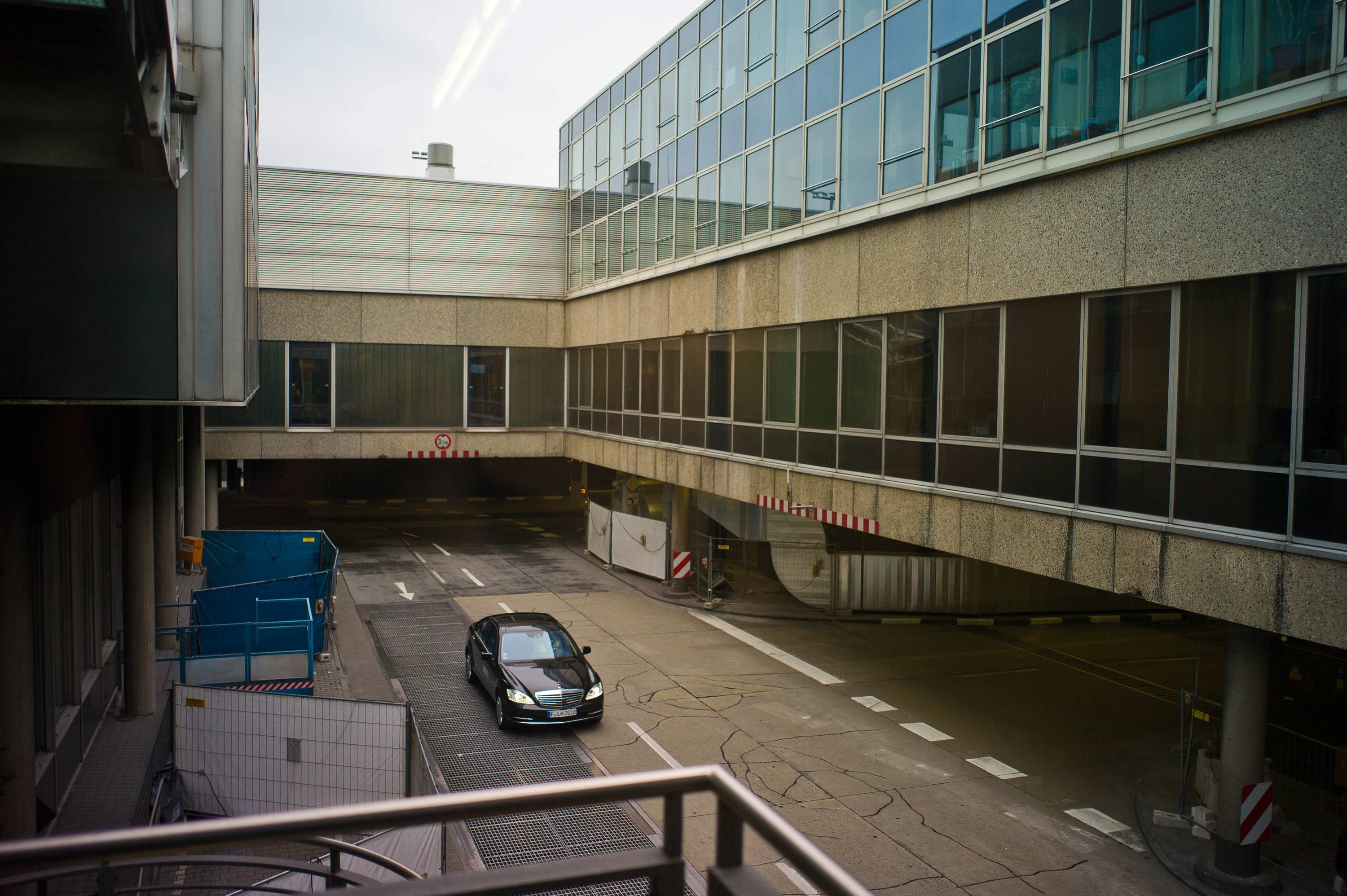
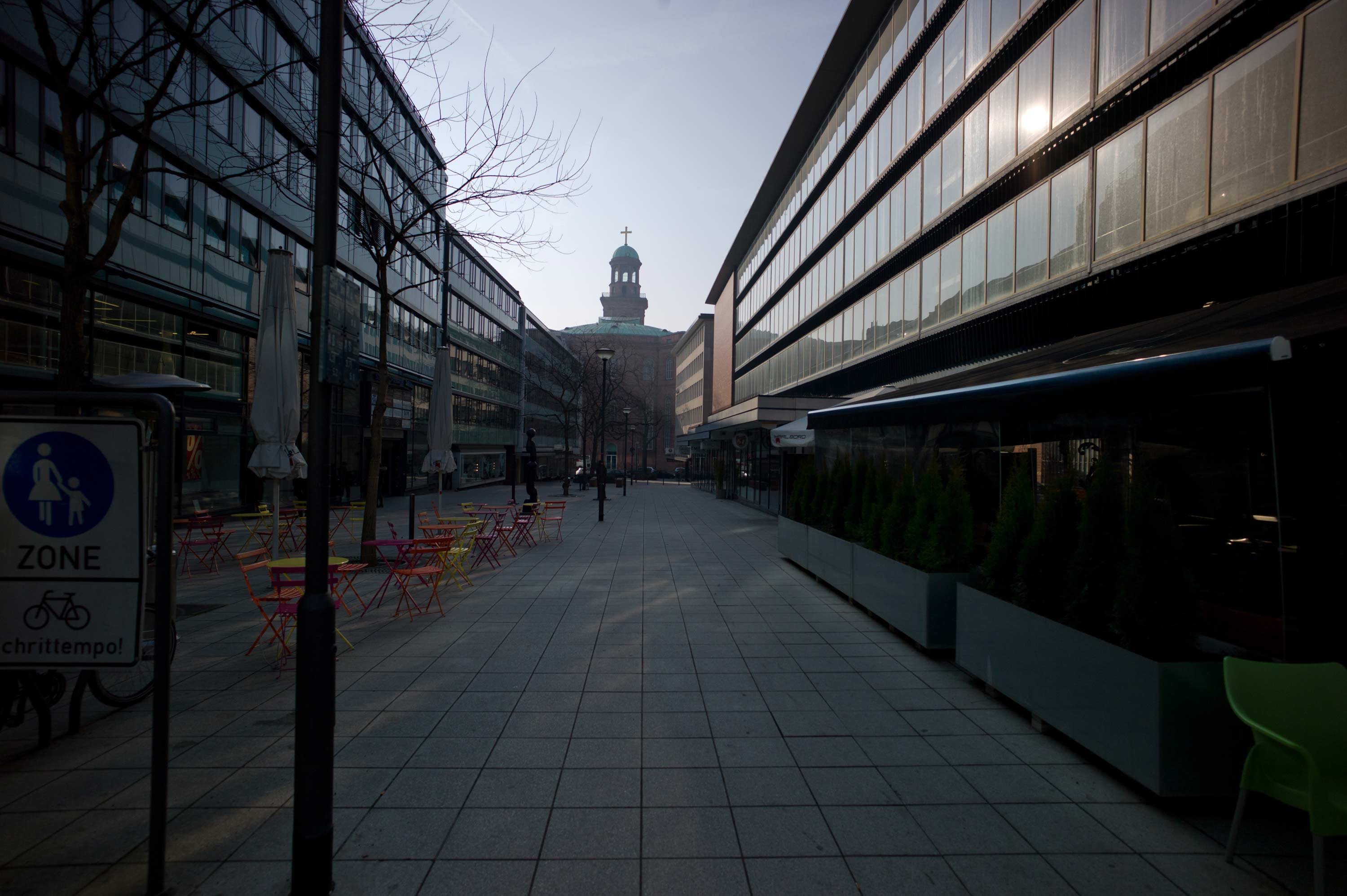
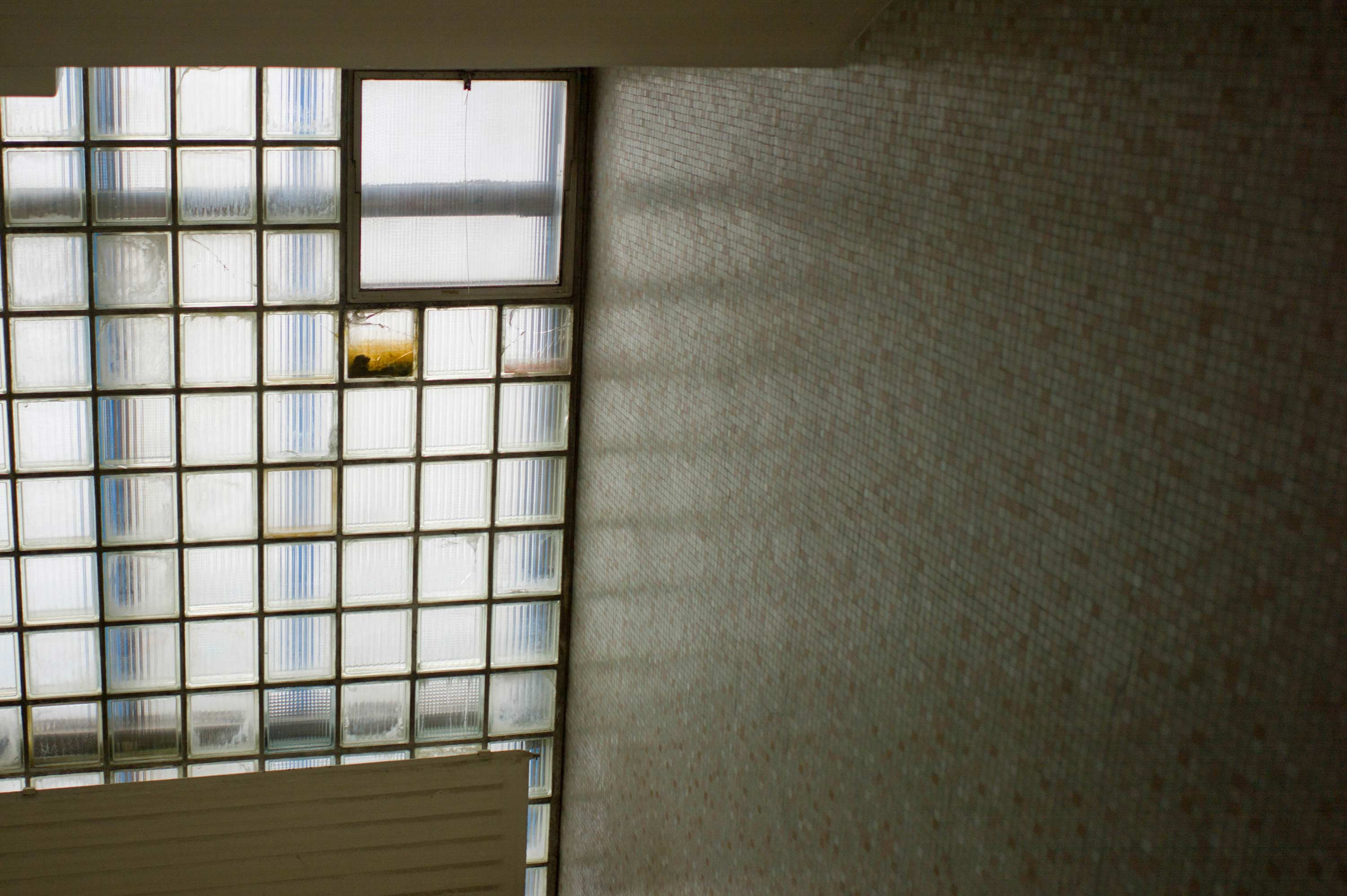
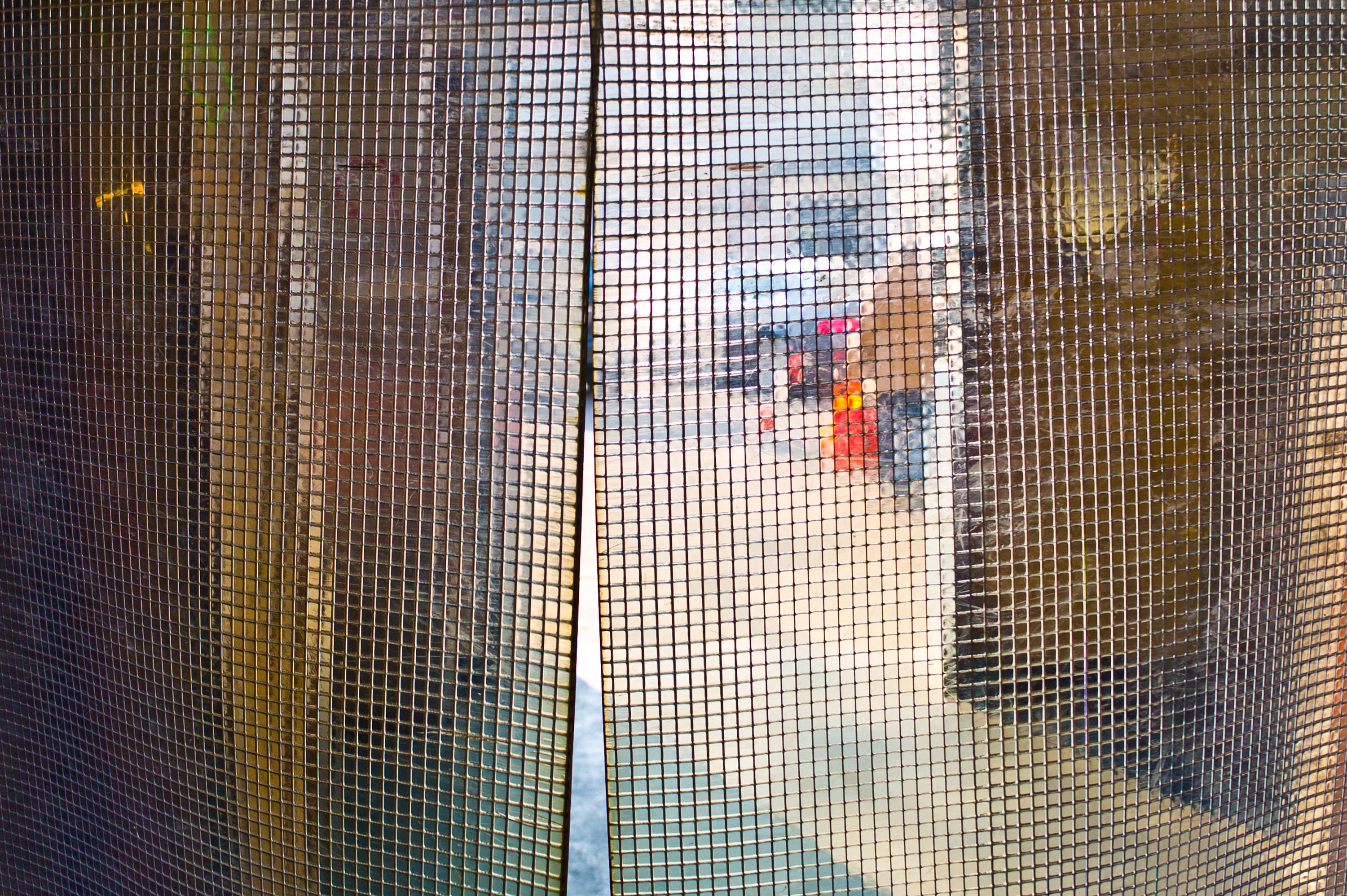
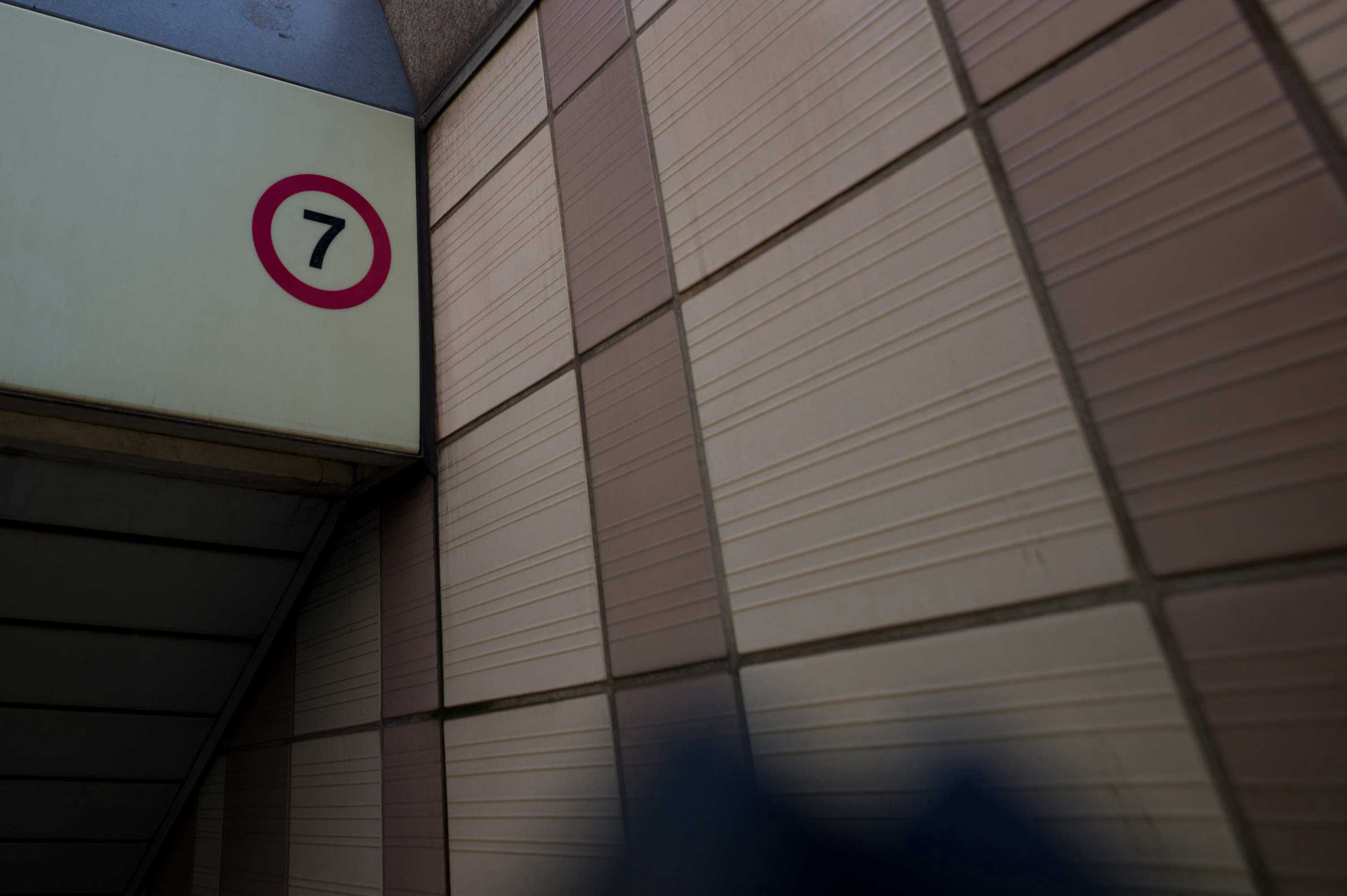
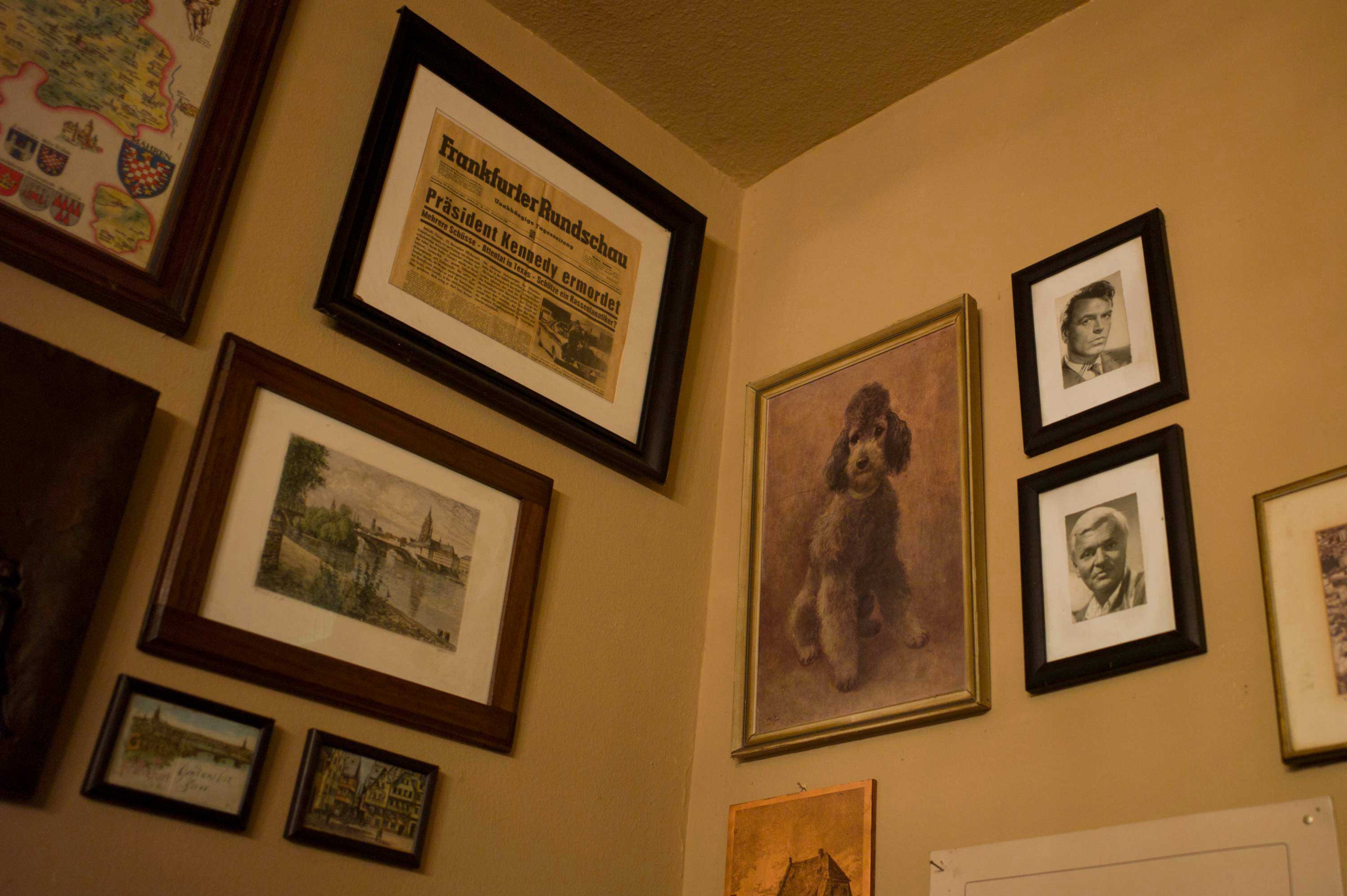
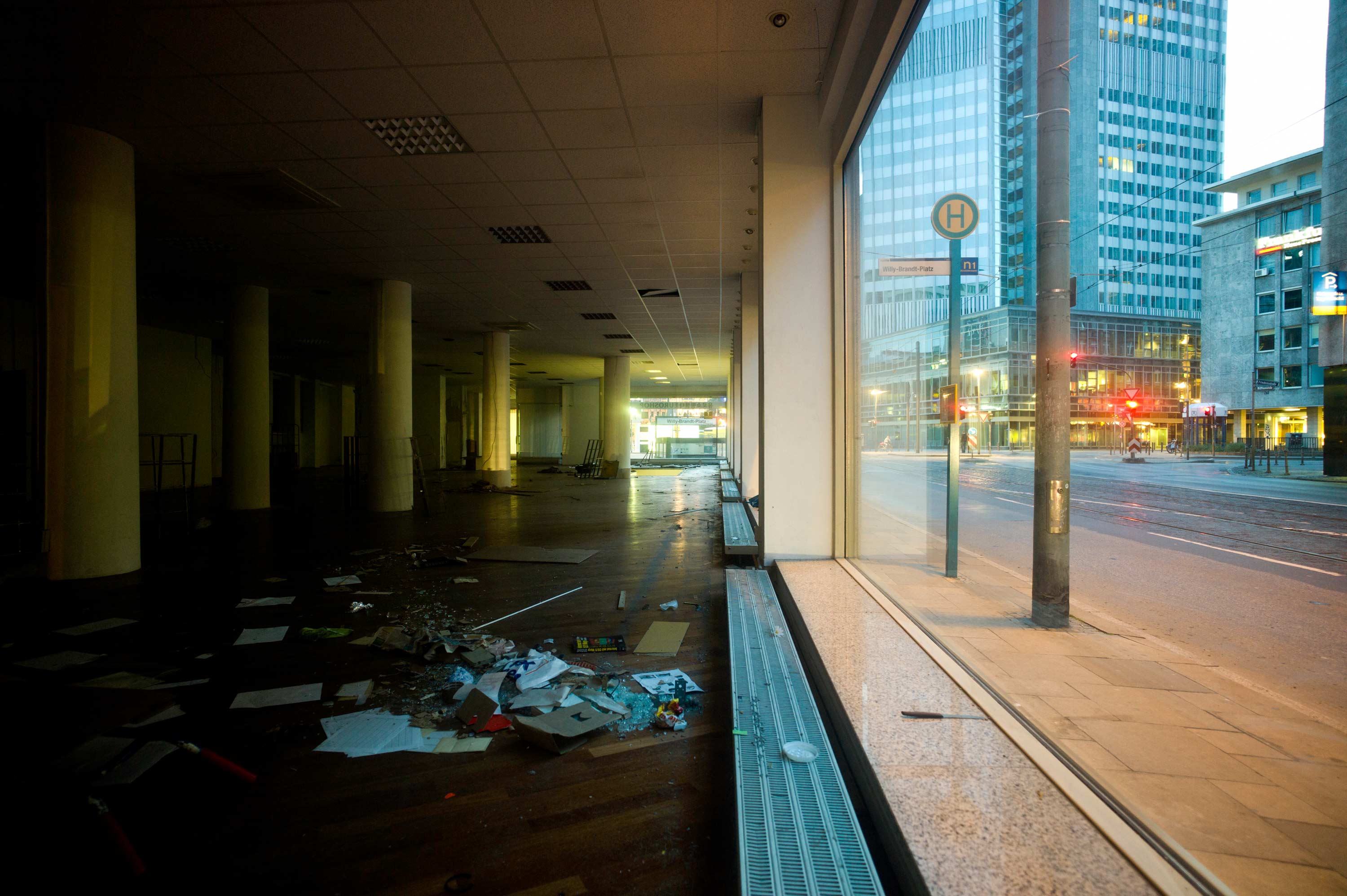
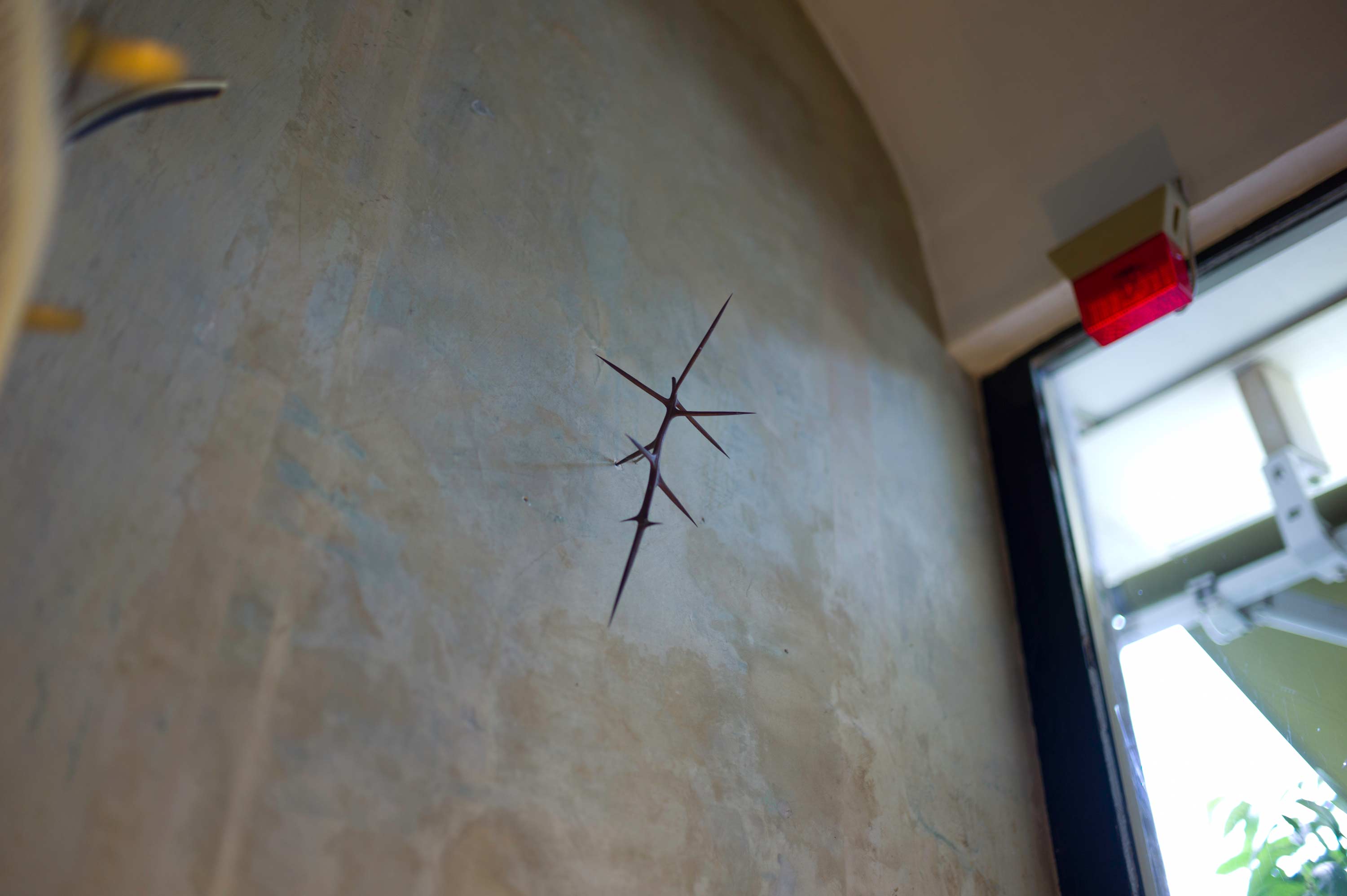
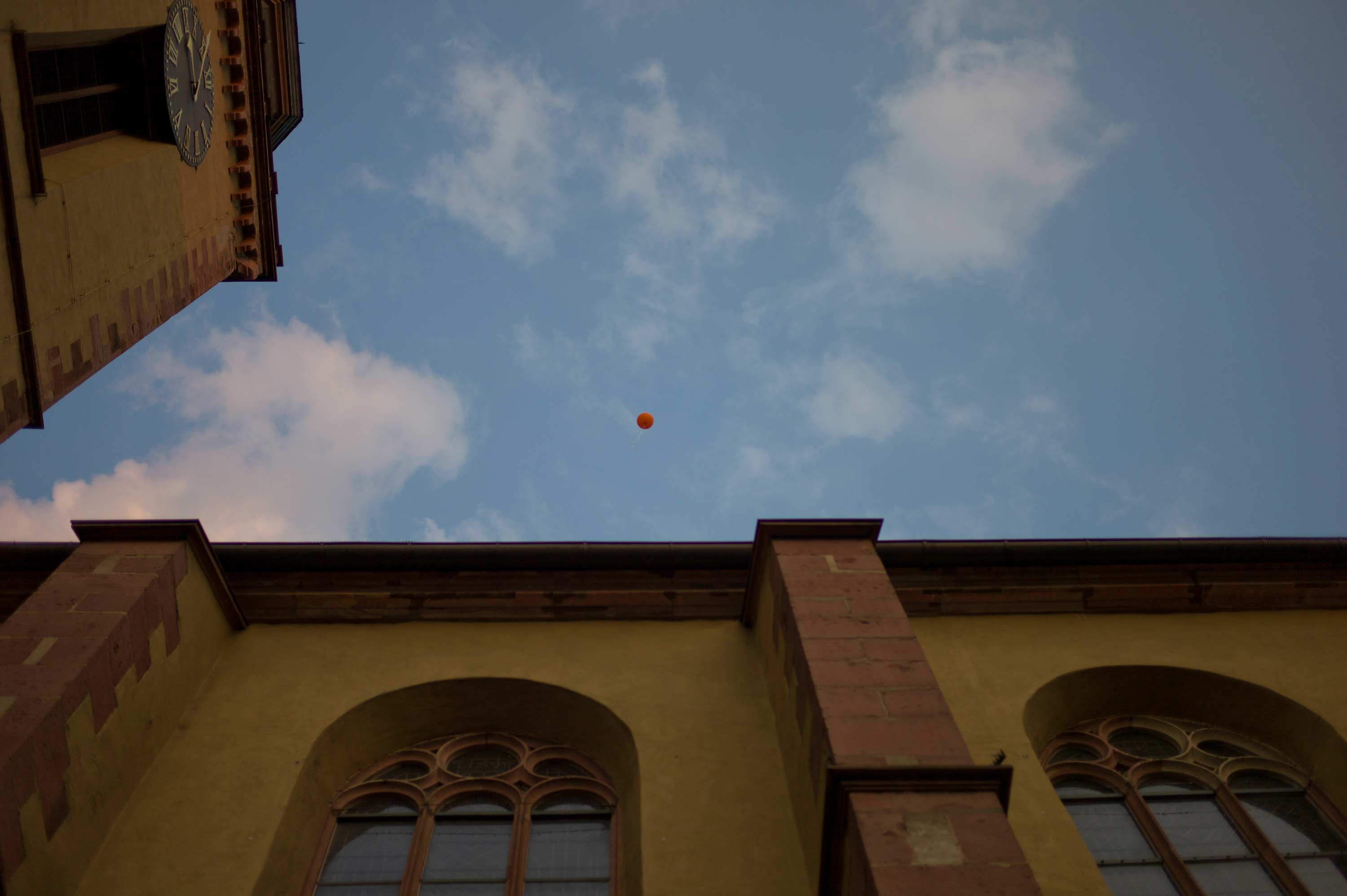
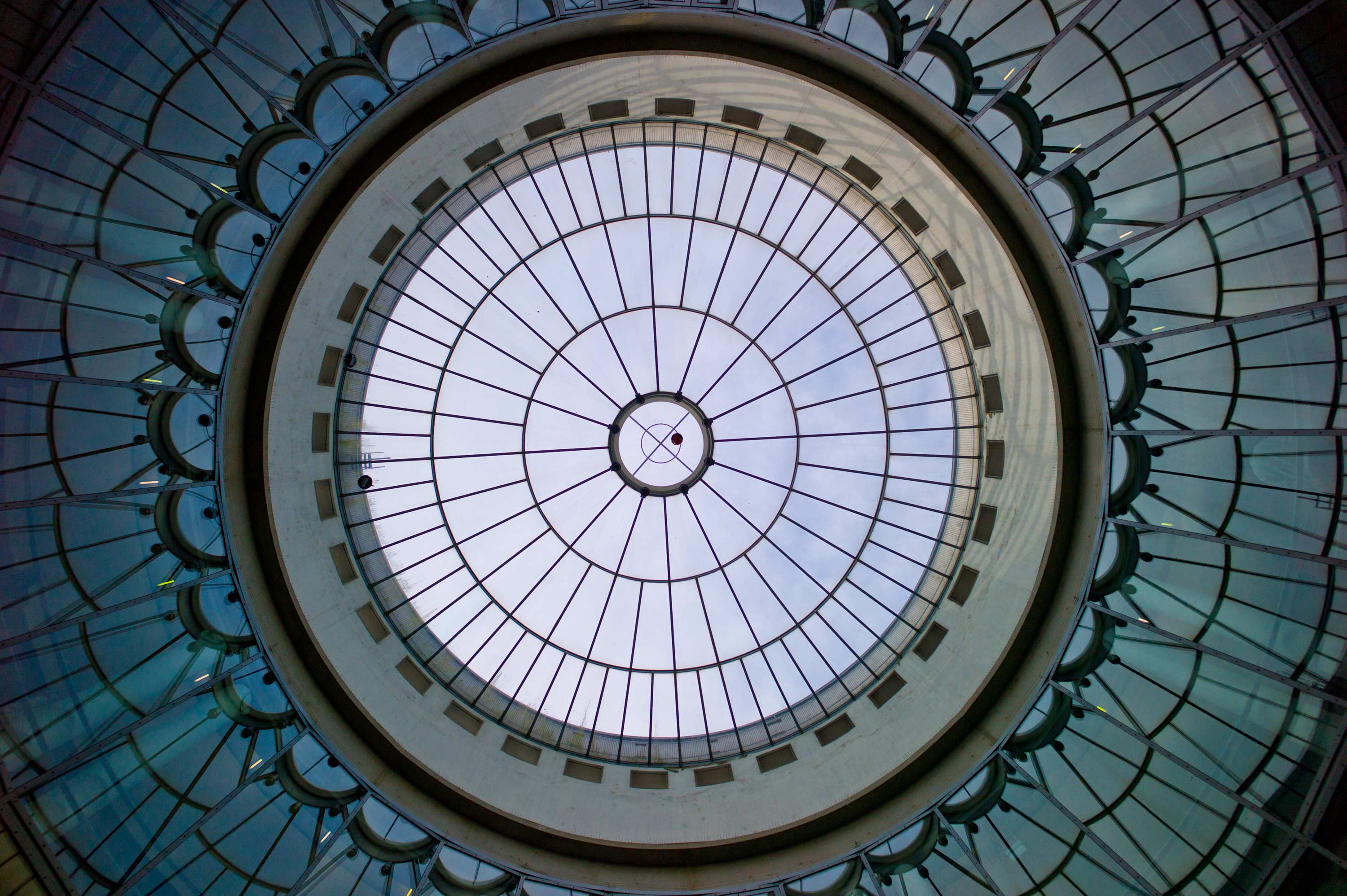
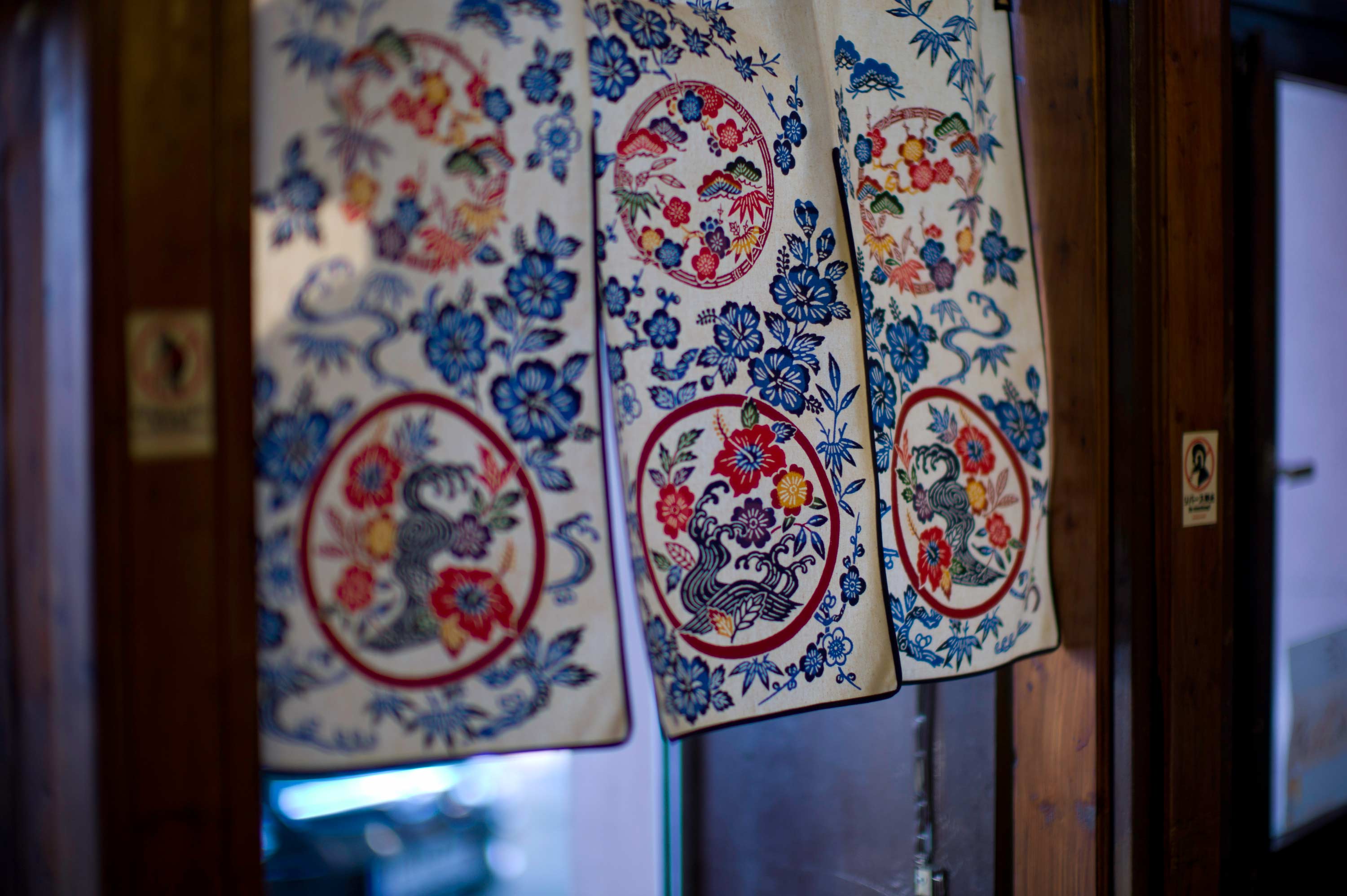
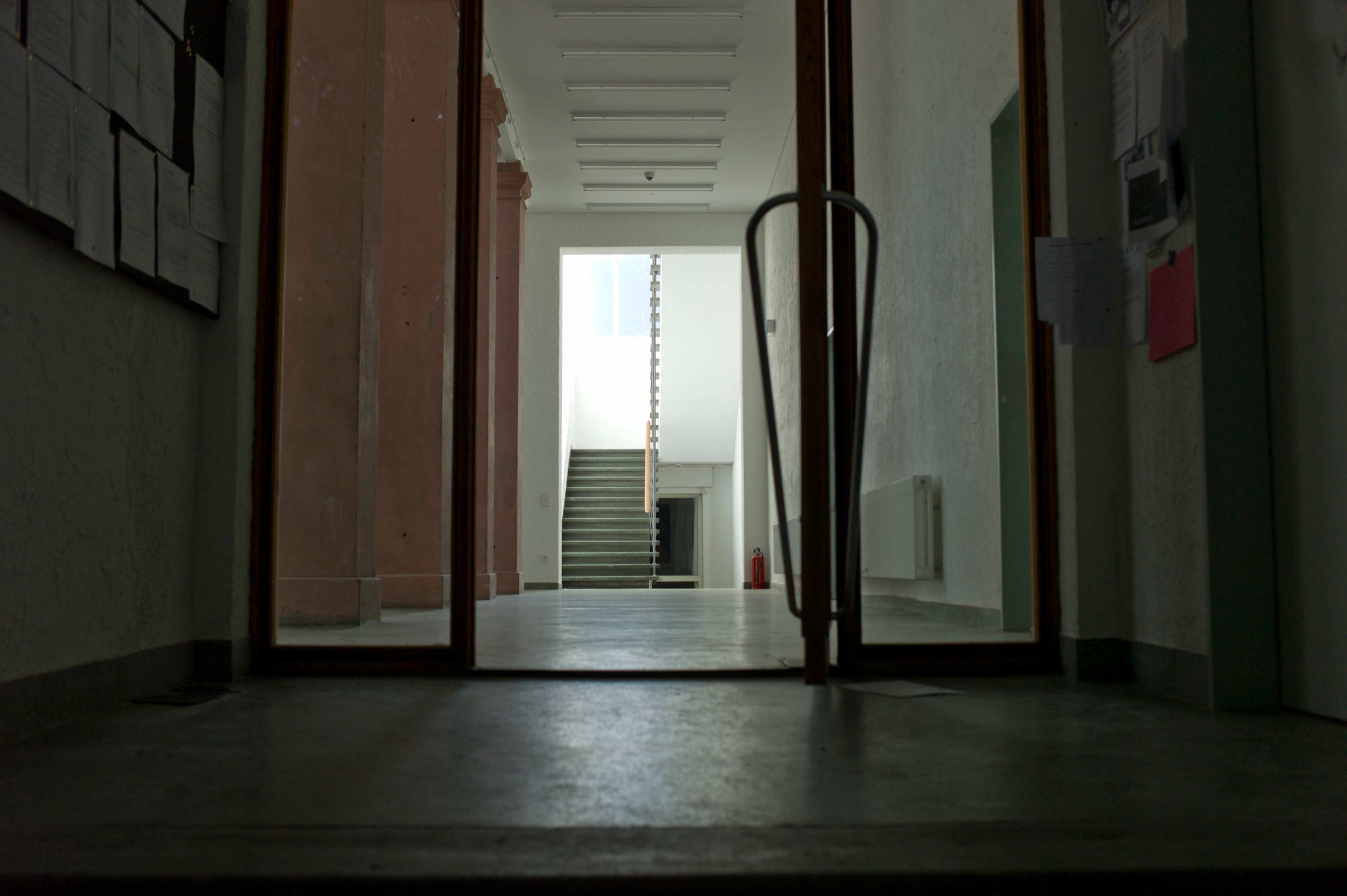
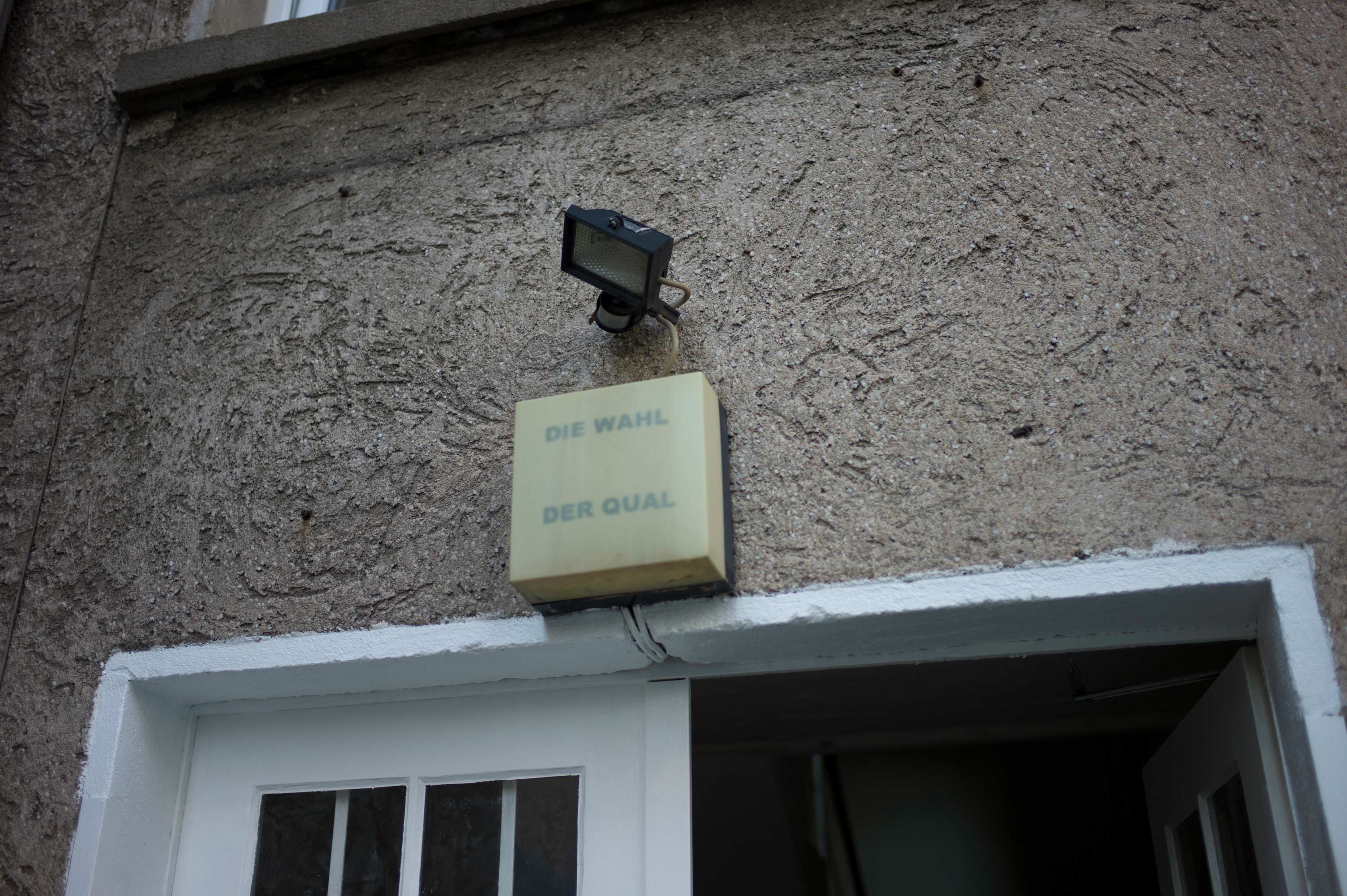
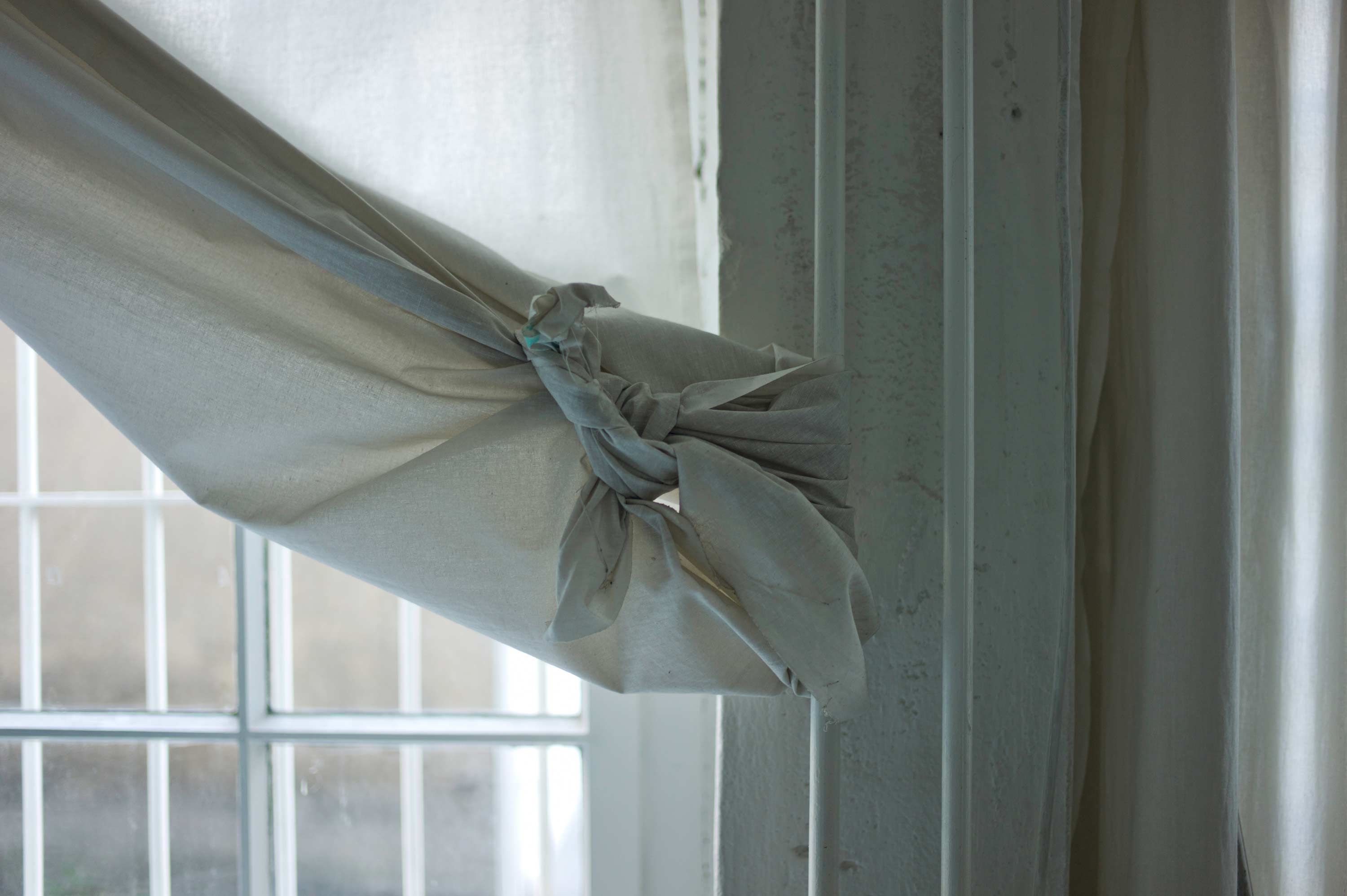
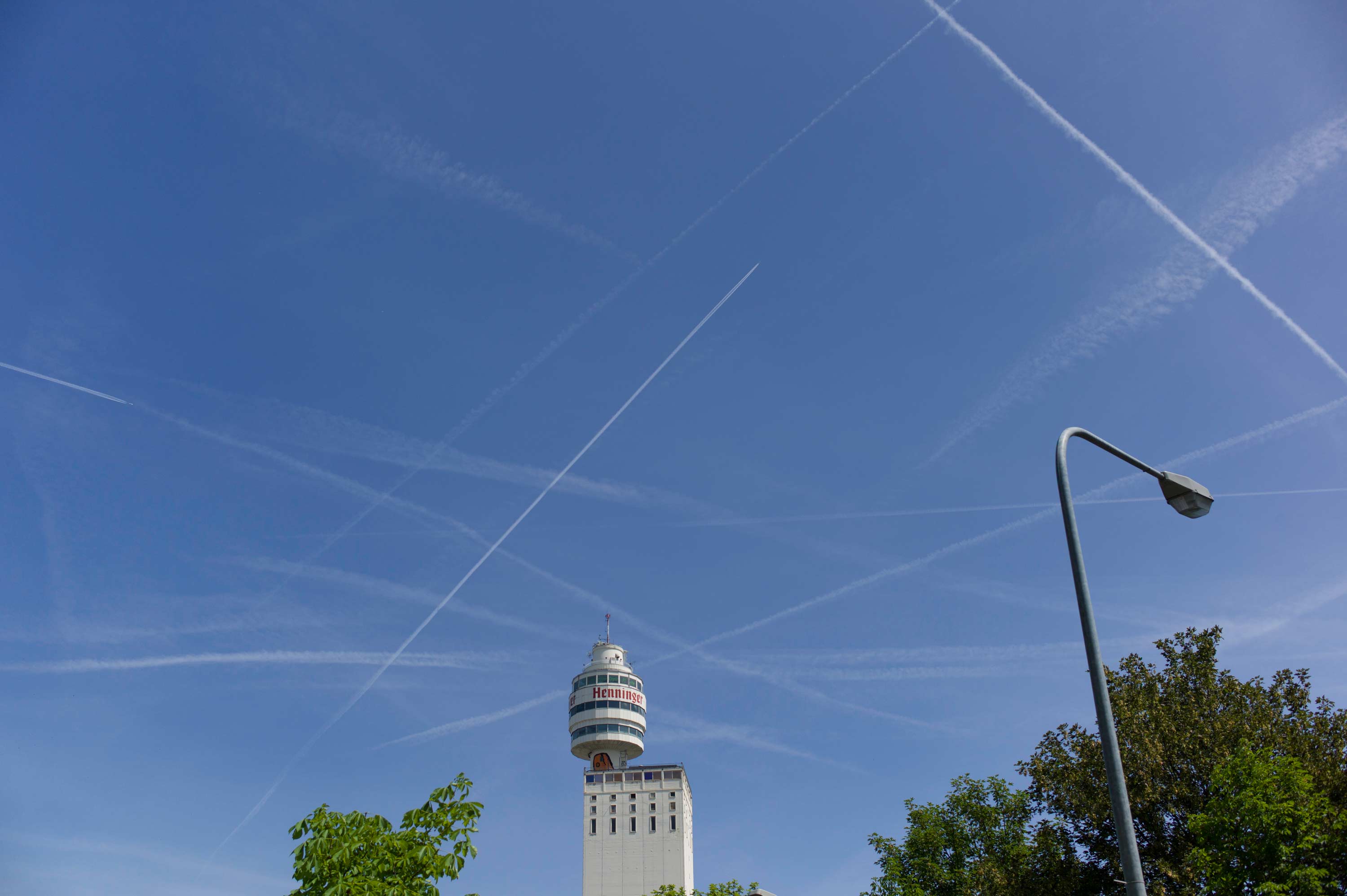
![Frankfurt am Main [ / ]](https://www.witoldriedel.com/photography/5758605638_94feb7e458_o.jpg)
Most cities are examples of accelerated change. They are illustratons of the passage of time and matter and people and information and significance. Cities are obviosuly man-made systems, and so the speed and the scale of change is more tangible to us. Frankfurt is relatively small compared to many other such systems, but it might be one of the better places to be aware of that transformation which gives birth to cites and defines them and the thinking within the heads of their inhabitants. Well, for me it is.
The name “Frankfurt” means “the place where the Franks can pass”. It was, since its beginning, a relatively modest location of transition, transaction and connection. Constant change and constant shifting seem to be the drivers here. The Main river likes to flood, and often. The city is not large, but the commuters make it so vastly different in scale on weekdays and on weekends. The business during the day gives way to some pretty crazy and very hungry nightlife. What used to be the largest half-timbered house city in Germany, was burned down completely, then rebuilt in a new layout of streets, designed to please the car; and the desire to look American. Frankfurt was a capital once, Kings were crowned here. And a chuch that opened its doors in the same year as the French revolution, became Germany’s first parliment. That round building is now surrouned by places where cars park and where money lives; and a lot of money flows through Frankfurt. The Central European Bank has just grown out of the main food market here. Other moneys like to flow through here as well, to put it mildly.
Frankfurt Airport became the most important German air-hub thanks to the Americans. Planes for the air-bridge that brought all food and supplies to West Berlin started from here; so did many planes going into the “desert storm”. This is where the soldiers or their remains would land as well. And so this taken together must make the city feel like Weltfurt to some Frankfurters. The ford where the world can pass. But while, or maybe because it plays all those roles, it is not exactualy a very pretty place. It is slightly odd and a bit awkward: like a living thing that is growing and changing at odd and uneven speeds. And maybe it is different than it thinks it is. As it is beloved by so many who live here, yet utterly incomprehensible to some who just pass thorugh.
So much excellent art lives here and was born here. And so much poetry came from here. Some incredible, big literature. The Gutenberg bible was printed a few kilometers to the west, and many of the the Grimm’s fairy tales were collected in the forests and villages to the east.
It is such a very peculiar place, a city that somehow constantly passes through itself, and in the process does something fascinating and strange.
Frankfurt, May 2014
P.S. This website was designed and coded in large parts in Offenbach am Main, Frankfurt’s blue collar neighbor.